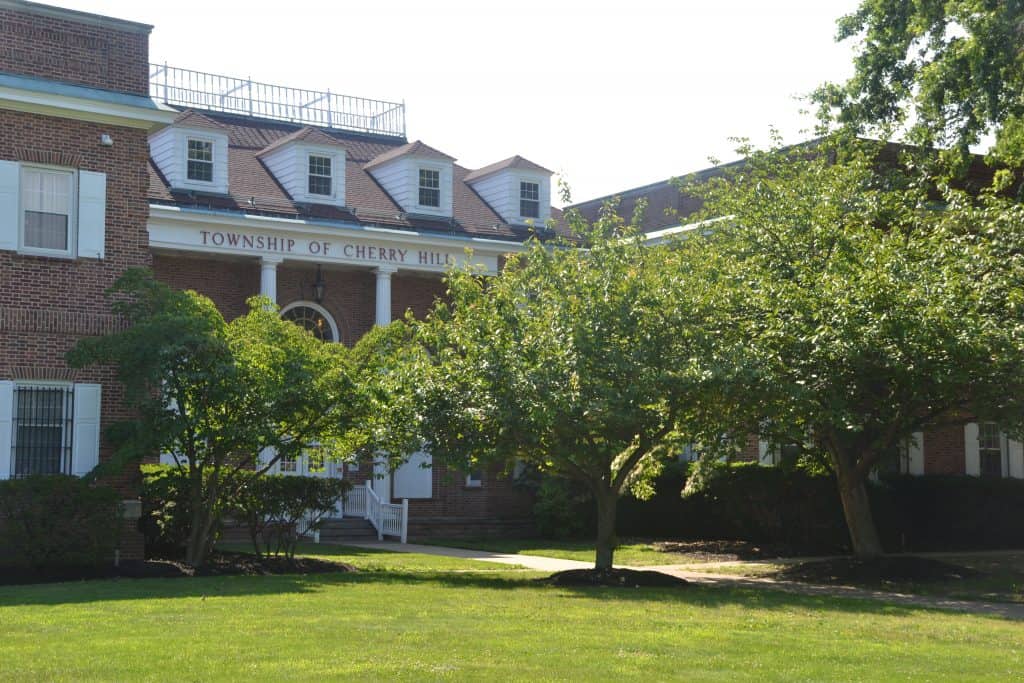
Ending months of delays from the economic effects of COVID-19, Cherry Hill Township Council introduced the 2020 operating budget at its latest public meeting.
During that Sept. 29 virtual session, Mayor Susan Shin Angulo prefaced passage of a resolution to introduce the document by saying that for the ninth consecutive year, residents of the township would not see a municipal tax increase.
The move would be a continuation of policy enacted through the eight-year tenure of Angulo’s predecessor, Chuck Cahn.
“I am proud to report there will be no increase in municipal taxes this year. Our efforts have kept Cherry Hill on solid financial footing,” Angulo stated. “I know this has been a difficult time for many families, so we hope this news brings some comfort.
“I want to thank council for your strong support in the past year, and for working with me on this proposed budget,” she added. “I was encouraged by the resilience of Cherry Hill adapting to a new way of life, without sacrificing our sense of community.”
Township Business Administrator Erin Patterson Gill confirmed the tax rate itself would be static, because the township is expected to raise more money through taxes on a greater number of properties that generate revenue.
Council President David Fleisher said the budget itself will be posted on the township website no later than Oct. 16. To gain a physical copy of the document, contact the township clerk’s office at (856) 488-7892 no sooner than that date.
Both township Chief Financial Officer Michelle Samalonis and Fleisher revealed that a hearing and final budget passage are expected at council’s open public meeting on Oct. 27.
Council also passed a resolution approving a grant application for more than $45,000 that, if awarded, will be applied toward the township’s participation in a state-run program aimed at restorative justice for juveniles.
A real-world offshoot of a similar program instituted at Cherry Hill High School West last year, it will allow township police to divert youth offenders from the criminal justice system.
“(It is) for those who commit minor offenses, such as noise ordinance violations, disorderly persons offenses and other fourth-degree offenses, to try to identify underlying causes of behavior,” noted police Chief William “Bud” Monaghan.
“And it’s a strategy for reducing racial disparities within the formal justice system, similar to how the restorative practice program deals with disparities in the normal detention model within the school.”
Councilwoman Carole Roskoph, a longtime educator at West, concurred, noting that data compiled at the school prior to the juvenile program found a higher number of African American and Hispanic students received discipline far exceeding students of other races and ethnicities.
“I’m very proud to see this program extended to the greater Cherry Hill community,” she said.
In other news:
- Council utilized its moment of silence to honor the late Supreme Court Justice Ruth Bader Ginsburg, who died on Sept. 18 at 87.
- Fleisher mentioned during council member comments at the end of the meeting that he anticipates the acquisition of Kingston Estates Swim Club will be completed by the end of October. It is expected to be converted into open space.









